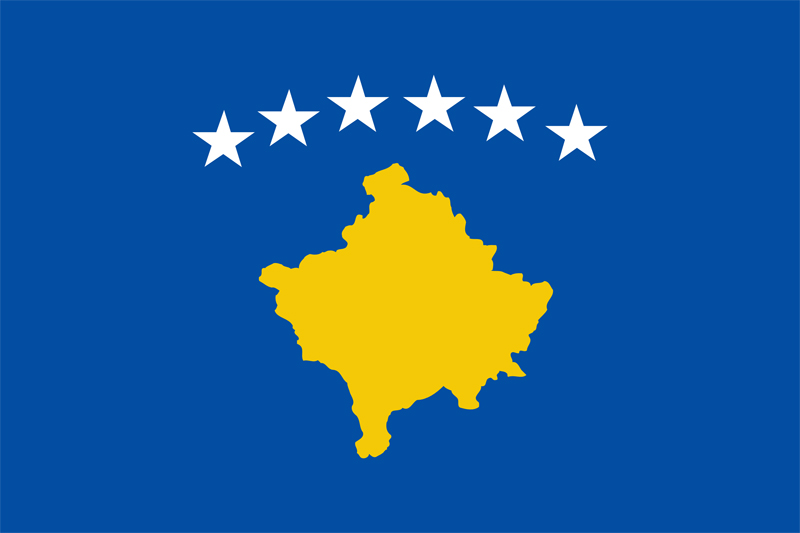HISTORICAL BACKGROUND
Kosovo is a province of Serbia under the administration of the United Nations Interim Administration Mission in Kosovo (UNMIK). Negotiations have begun on its final status, which is likely to eventually be as an independent state. The Assembly of Kosovo approved the Law on Access to Official Documents on 16 October 2003.(1) It was approved by UNMIK with two changes on exemptions on 6 November 2003.(2)
The law allows any "habitual resident" or person eligible to be a resident of Kosovo or natural or legal persons in Kosovo to have a right of access to documents held by any Provisional Institution of Self-Government (PISG), municipality, independent bodies set up under the Constitutional framework or Kosovo Trust Agency. The institutions may also grant the rights to non-residents. The request can be made in written or electronic form. Institutions must respond in fifteen working days.
There are exemptions if disclosure would undermine: the public interest in public security, defense and military matters, international relations or the financial monetary or economic policy of the PISG; the privacy and integrity of an individual; commercial interests; court proceedings; or the purpose of inspections, investigations or audits. The government must draft a list of documents to be exempted. There are also exemptions for internal documents prior to the decision being made or if it would seriously undermine the decision-making process. The exemptions may apply for a maximum of thirty years. The body must consider if there is an overriding public interest in disclosure including if there is a failure to comply with legal obligations, existence of criminal acts, abuse of authority or neglect, unauthorized use of public funds or danger to the health or safety of the public.
One of the two changes imposed by UNMIK gave it control over access and classification of documents relating to security, defense, and military matters, external relations and monetary policy under the international control.
Appeals of denial are first back to the body asking it to reconsider and then can be made to a court or to the Ombudsperson Institution.(3)
Each institution is required to create a register of documents, if possible in electronic form. Each document should be recorded in the register with a reference number, title and description and date it was created or received. Institutions are required to make documents available directly though an electronic register, especially legislative documents and those relating to the development of policy and strategy. Each institution is also required to produce an annual report on cases of denials with reasons and the number of sensitive documents not recorded in the register.
Implementation of the law has been limited. The Ombudsman described it in July 2005 as "an example of a law which so far have, to a considerable extent, existed only on paper." The Ombudsman also reported in January 2005 that he had not received a single complaint.(4) The OSCE review of the law in January 2005 found that there were numerous problems with implementation:
- None of the institutions it had interviewed had set up the official register as required by the law;
- The government has not adopted the rules and regulations on classification of sensitive documents;
- The Government has not drafted the list of documents on sensitive documents;
- The Office of Prime Minister had not published the annual report on implementation.(5)
The Law on Access to Official Documents recognizes that there should be a law on data protection that would allow individuals access to their personal information held by public and privacy bodies. However, it has not yet been adopted.
2004 freedominfo.org Global Survey Results - Kosovo
NOTES
Law on Access to Official Documents. No. 2003/12. http://www.unmikonline.org/regulations/2003/RE2003_32 .pdf.
United Nations Interim Administration Mission in Kosovo, Regulation No. 2003/32 on the Promulgation of a Law Adopted by the Assembly of Kosovo on Access to Official Documents, 6 November 2003.
Homepage: http://www.ombudspersonkosovo.org/
Marek Antoni Nowicki, The Great Bazaar, Transitions Online, 14 January 2005.
Organization for Security and Co-operation in Europe Mission in Kosovo, Implementation of Kosovo Assembly Laws by the Executive Branch of the Provisional Institutions of Self-Government Review Period: Laws Promulgated in 2002-2003, January 2005.




















